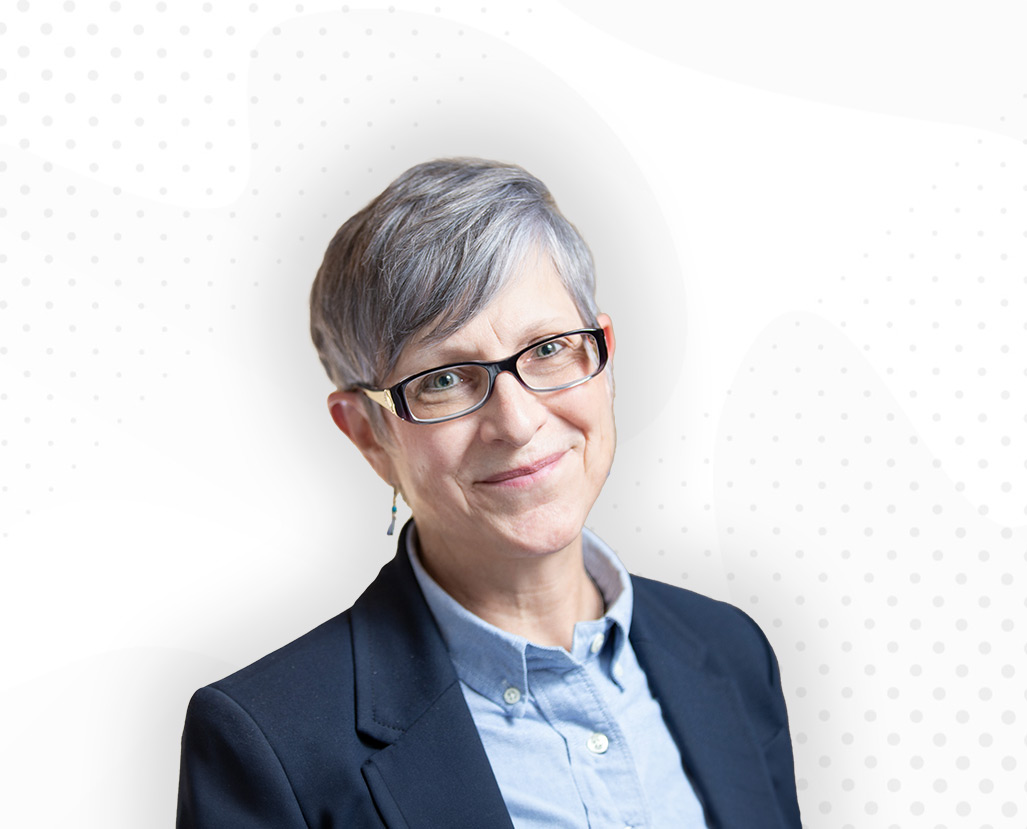My post-academic career started in psychology, and I worked for 15 years as a therapist. I served around half of my caseload pro bono — helping adults, children, and families in need. The people I had the privilege of serving were primarily from low-resource households, and their lives had been significantly impacted by situational conditions, behavioral health concerns, or intellectual and developmental disabilities.
That experience led me to become a specialist in therapeutic intervention for people with complex needs, much like the Medicaid population seeking long-term services and support that we serve at Maximus. I helped adults with serious mental health conditions and children with intellectual and developmental disabilities and behavioral issues. I encountered many people experiencing the generational impact of trauma or abuse. Everyone I worked with taught me so much about dignity in the midst of difficulty and the supports that can fuel resilience and respect. Being able to make a difference in their lives made a huge difference in my life.
Then my father became ill. I knew his increasing needs would likely threaten his ability to stay at home. So, I took a sabbatical, moved back home, and helped my mother care for him. He could live the remainder of his life in the home he loved, sitting in a chair so old and comfortable that it was permanently molded around him, with the people he cared about, and keeping up the everyday habits that had become meaningful to him. I think staying at home allowed him to live a little bit longer, but I know it allowed him to live a great deal happier.
Looking back, I realize that much of what I do today for Maximus blends and extends my early work in behavioral health and the tremendous opportunity to help my increasingly frail father remain inside his community, in his home, and around his people at that critical juncture in his journey.
After my dad passed, as a prelude to reentering the “paid” workforce, I explored new ways that work could allow me to plug in and be useful. I took some time to reflect on how I could contribute and went on a “talking tour.” I approached people with a reputation for being very good at what they do and very happy in their lives. I asked them about their jobs and what they liked about them, with the additional request to refer me to three more people who were exemplary at work and happy in their lives. These discussions led me to discover a role that fit me well.

